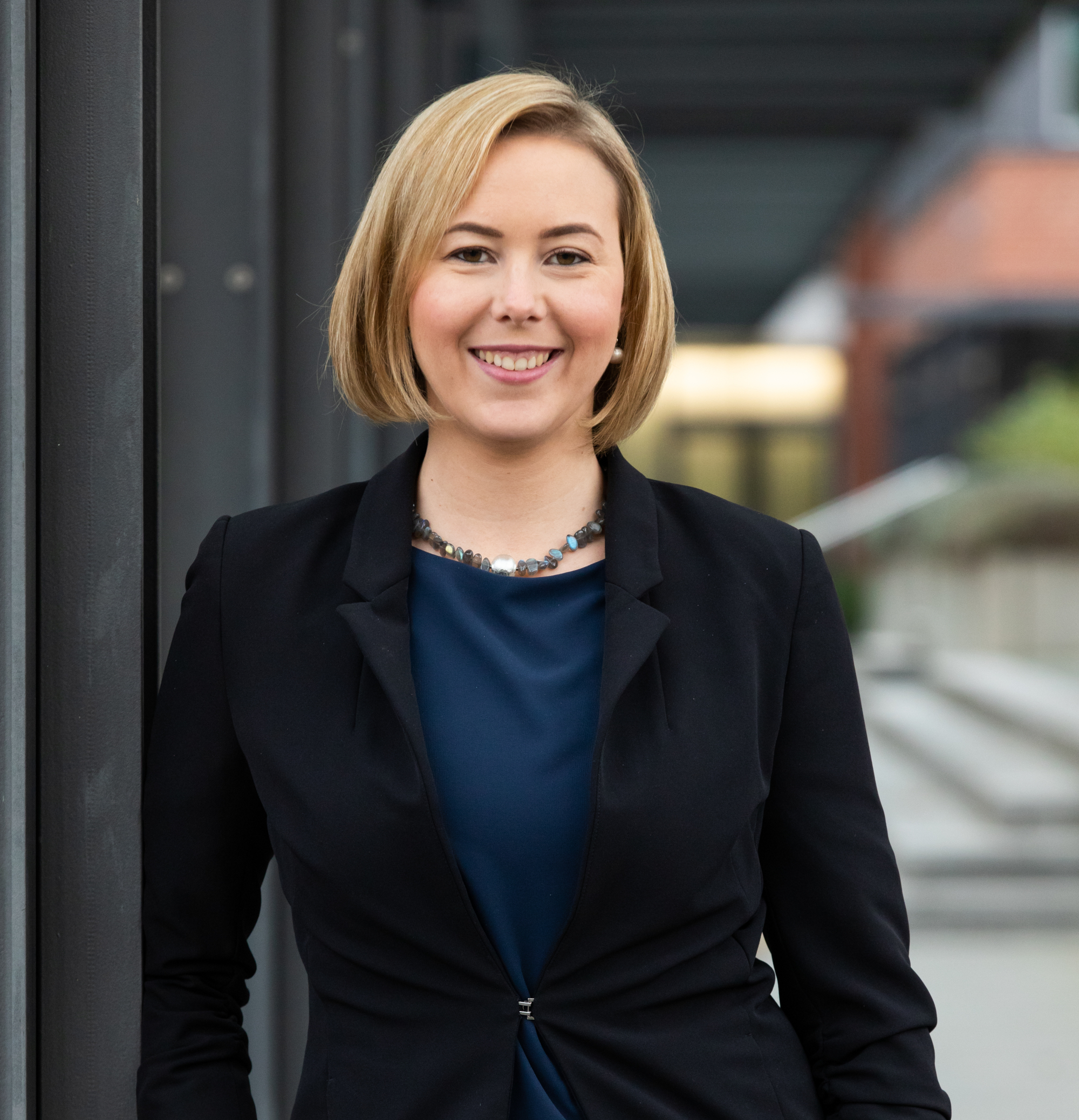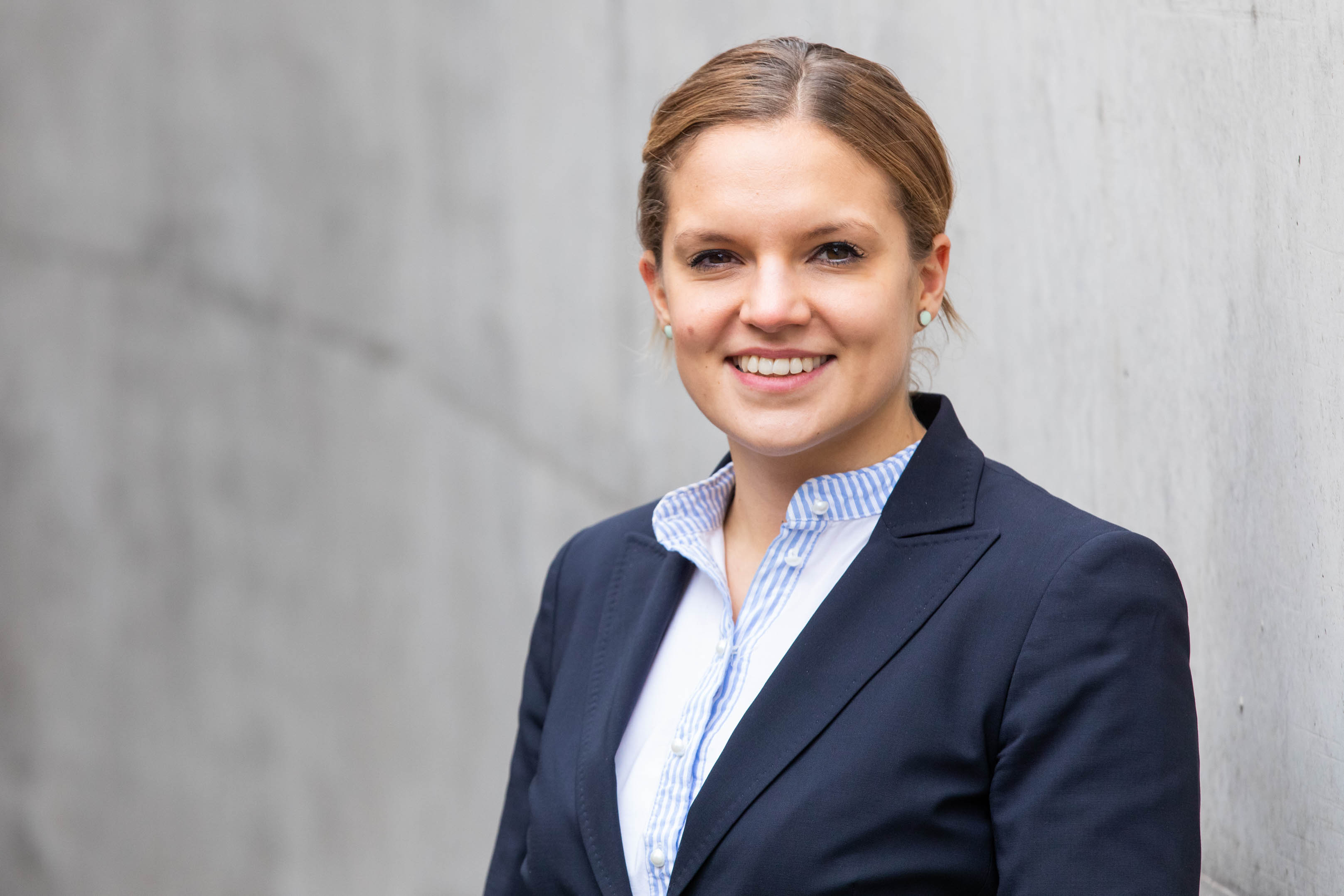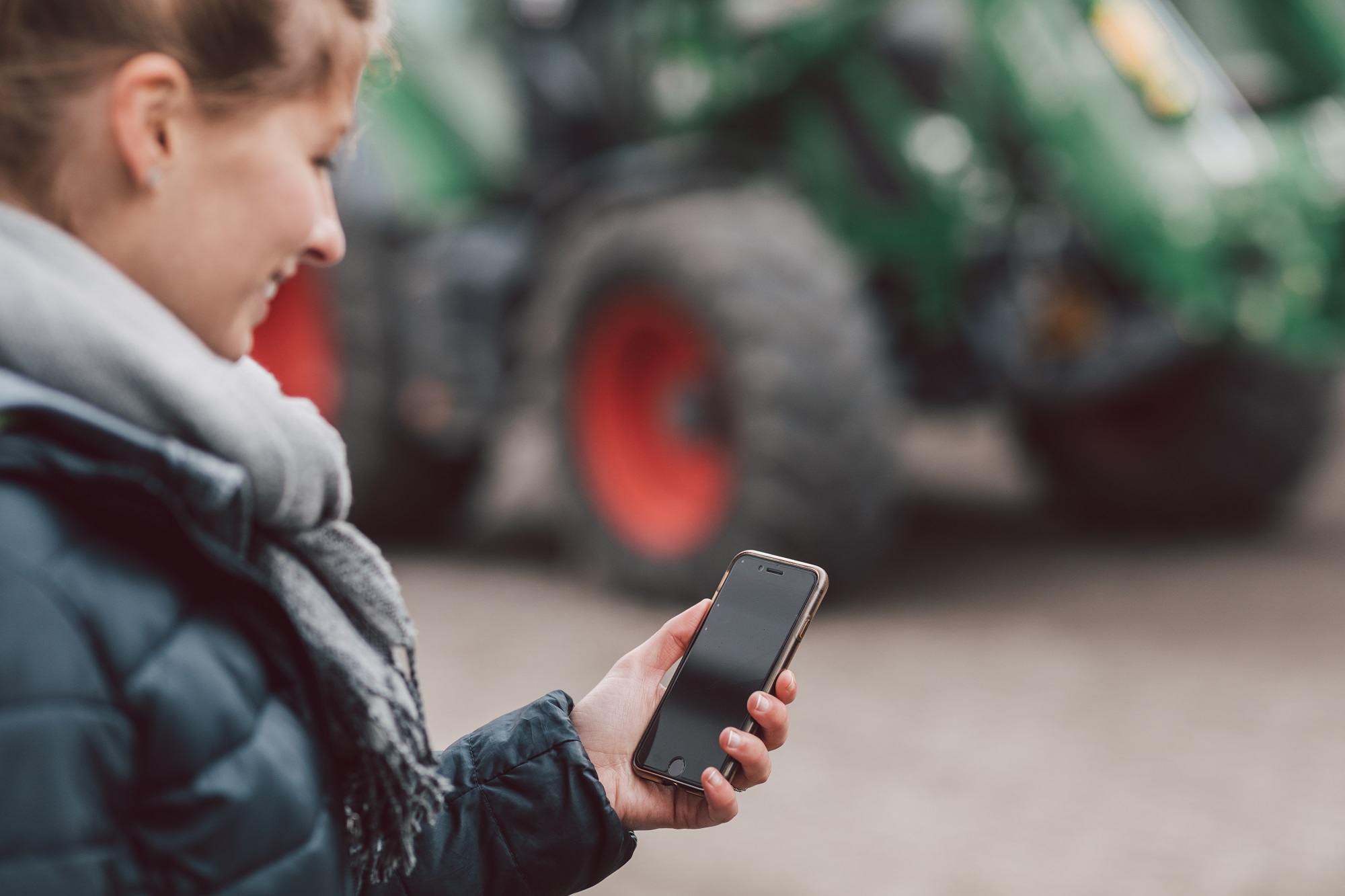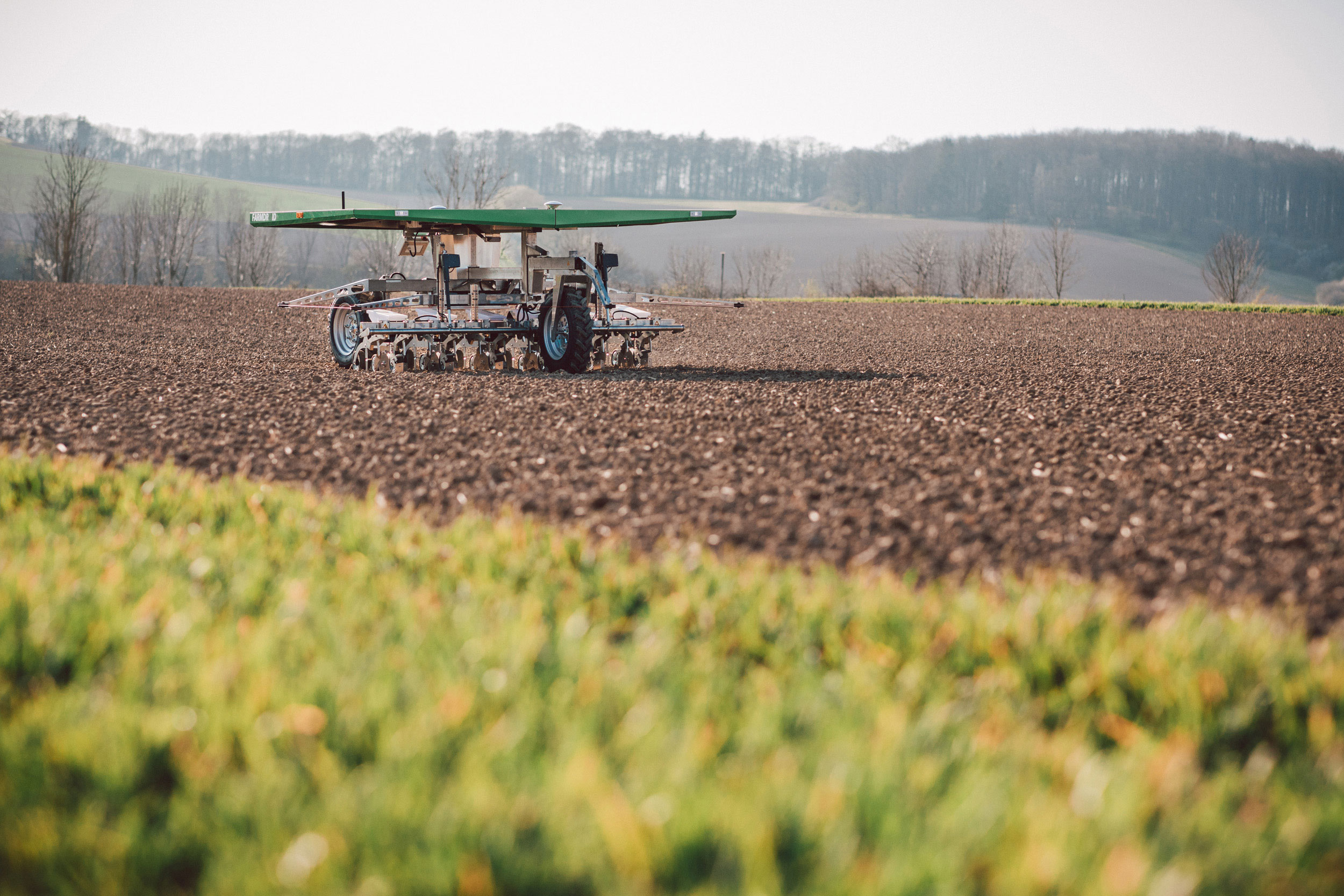World of Farming – the KWS Podcast
Current episode
#9 In the race with climate change
Climate change is not only coming, it's already happening: over 40 degrees in April in Spain, dry river valleys and reservoirs in France, flooding in Italy.
How will our crops cope with the climate of the future? How can we strengthen their resilience? Or will we have to rethink agriculture and grow completely different products? And what does this mean for the work of plant breeders and farmers? We cover these topics in the latest "World of Farming" podcast episode with Dr. Milena Ouzunova and Harold Verstegen from the areas of breeding and product development at KWS.
Our podcast is available on these platforms:
Previous episodes
#8 Future food systems – what will we be eating in 20 years?: Part 1 and 2
The way we feed ourselves affects many areas: our health, as well as the environment and biodiversity. This is also why food has become an increasingly political issue in recent years. In the eighth episode of the World of Farming Podcast, we take up the topic and discuss food systems of the future.
Our guests: Prof. Dr. Achim Spiller is one of the leading agricultural experts in Germany. He heads the Department of Agricultural Economics and Rural Development at Georg August University in Göttingen and is part of the Future Commission for Agriculture and the Borchert Commission. Dr. Alexandra Molitor holds a degree in biology and a PhD in molecular plant biology and phytopathology. She leads group-wide strategic planning at KWS.
#7 “Future with heritage – generational change at KWS”
The next episode of our World of Farming Podcast is a very special one! That's because we attended the very personal handover of the two members of KWS' founding family, Andreas and Felix Büchting.
At the Annual Shareholders' Meeting at the beginning of December, Andreas Büchting stepped down from his duties and positions at KWS as planned. He looks back on 47 years at KWS and on exciting times. Now his son, Felix Büchting, will take over as Executive Board Spokesperson at KWS – as member of the seventh generation of the founding family. That gives plenty to talk about: Where KWS comes from, what the future holds and what the four core values of closeness, reliability, independence and vision mean for the company – that's what Andreas and Felix Büchting discussed in depth in front of the fireplace at KWS' farm in Wiebrechtshausen.
#6 “How a monk laid the foundation for plant breeding: Special episode for the Gregor Mendel year 2022”
‘The legacy of the pea’ or ‘how a monk laid the foundation for plant breeding’: His "Mendel's Laws" describe the rules according to which certain traits are inherited. Today, they are an integral part of every biology curriculum. We're talking about Gregor Mendel, who would have celebrated his 200th birthday this year – a good reason to talk about the "father of genetics" in our latest episode of our World of Farming podcast.
What value do Mendel's findings have for plant breeding today? What progress will still be possible in the future? And how was new knowledge handled in science in the past and how is it handled today?
We talk about this with two people who deal with plant breeding intensively: Robert Hoffie is a plant researcher at the IPK Gatersleben. As "Researcher Robert," he explains complex topics from the world of plant breeding to a broad audience via his twitter channel. Felix Büchting is responsible for Research & Breeding on the Executive Board of KWS.
#5 “Home idyll or global competition – how international is agriculture?”
At the end of our first podcast season, we have an English-language episode for you: Listen in to the topic of "Home idyll or global competition – how international is agriculture?"
Huge farmland in Australia, challenging soils in the Eurasian Black Belt, highly specialized technology in the US: The production conditions for agriculture differ from country to country while at the same time farmers are increasingly involved in global economic systems. In our newest episode, we look at how agriculture works in different parts of the world – and what the connecting elements are.
Therefore, we have invited two colleagues with broad experience in the international agricultural business: José Bustos, responsible for the KWS Sugarbeet Business Unit, and Nicolás Wielandt, heading the Corn & Sunflower Europe Business Unit at KWS. Listen in now!
#4 “Digital farming – How much digitalisation does agriculture need?”
At a conference of Rhineland-Palatinate Chamber of Agriculture in 2018, it was also associated with digitalization for the first time: The milk can. Here, Julia Klöckner, German Federal Minister of Agriculture, called for fast 5G connectivity to every milk can. A lot has happened since then. Agriculture is already one of the most digitized industries an all of Germany. According to the industry association Bitkom, 8 out of 10 farmers already use digital technologies in their daily working lives. The range of digital applications is already huge.
To delve deeper into this topic, in episode 4 of our World of Farming podcast we look at what significance digitalization already has for agriculture and will have in the future - together with our guests Prof. Dr. Korte, a mechanical engineer and professor at the University of Osnabrück and Mark Bieri, responsible for the implementation of new platforms and digital services at KWS.
Listen in on YouTube
#3 “Genome Editing – What's behind the “dinner from the test tube?”
In October 2020, two women were honoured with the Nobel Prize in Chemistry. The French geneticist and biochemist Emmanuelle Charpentier and the US biochemist Jennifer Doudna received the prize for developing a method for genetic modification. They were instrumental in developing the CRISPR/Cas9 gene method. For many scientists and breeders, this is the gateway to the future; for others, it is the devil's work to be fought. Against this backdrop, in episode 3 of our World of Farming Podcast we talk about the role of genome editing and in particular the CRISPR/Cas 'gene scissors' for the agriculture of the future.
This time our guests are Laura Redzich and Dr Hagen Duenbostel. Redzich is doing her PhD in molecular plant biology in the CEPLAS Cluster of Excellence at the University of Düsseldorf and is a board member of "ÖkoProg", part of the "Progressive Agrarwende" dialogue platform and a member of the German party “Bündnis90/Die Grünen” (The Greens). Hagen Duenbostel is Spokesman of the Executive Board of KWS and is responsible for Corn North and South America, Corn China, Strategy, Compliance and Governance & Risk Management.
Listen in on YouTube
#2 “European Green Deal – Utopia or Model of the Future?”
As President of the EU Commission, Ursula von der Leyen promised it: The European Green Deal. What is it all about? Can this ambitious project be implemented in all EU member states? And what effects will the Farm-to-Fork initiative have on agriculture and consumers in the coming years?
We have discussed these complex questions together with our guests in the new #WorldofFarming podcast: Hubertus Paetow is President of the German Agricultural Society. Rüdiger Strohm is Head of Global Strategy at KWS. Both are also farmers. From these perspectives, they shed light on what it will take for agriculture and society to achieve the goals of the Farm-to-Fork Strategy together.
Listen in on YouTube
#1 “Crossing, selecting, phenotyping – how does plant breeding work today?”
To kick things off, we are looking at the heart of KWS: plant breeding. Léon Broers and Jürgen Schweden, responsible Executive Board Member and Head of Research & Development at KWS, explain what has happened between the first crossing in einkorn and today's methods, such as hybrid breeding and phenotyping, and what topics are of concern to modern plant breeding today.
Listen in on YouTube
Your contact persons




